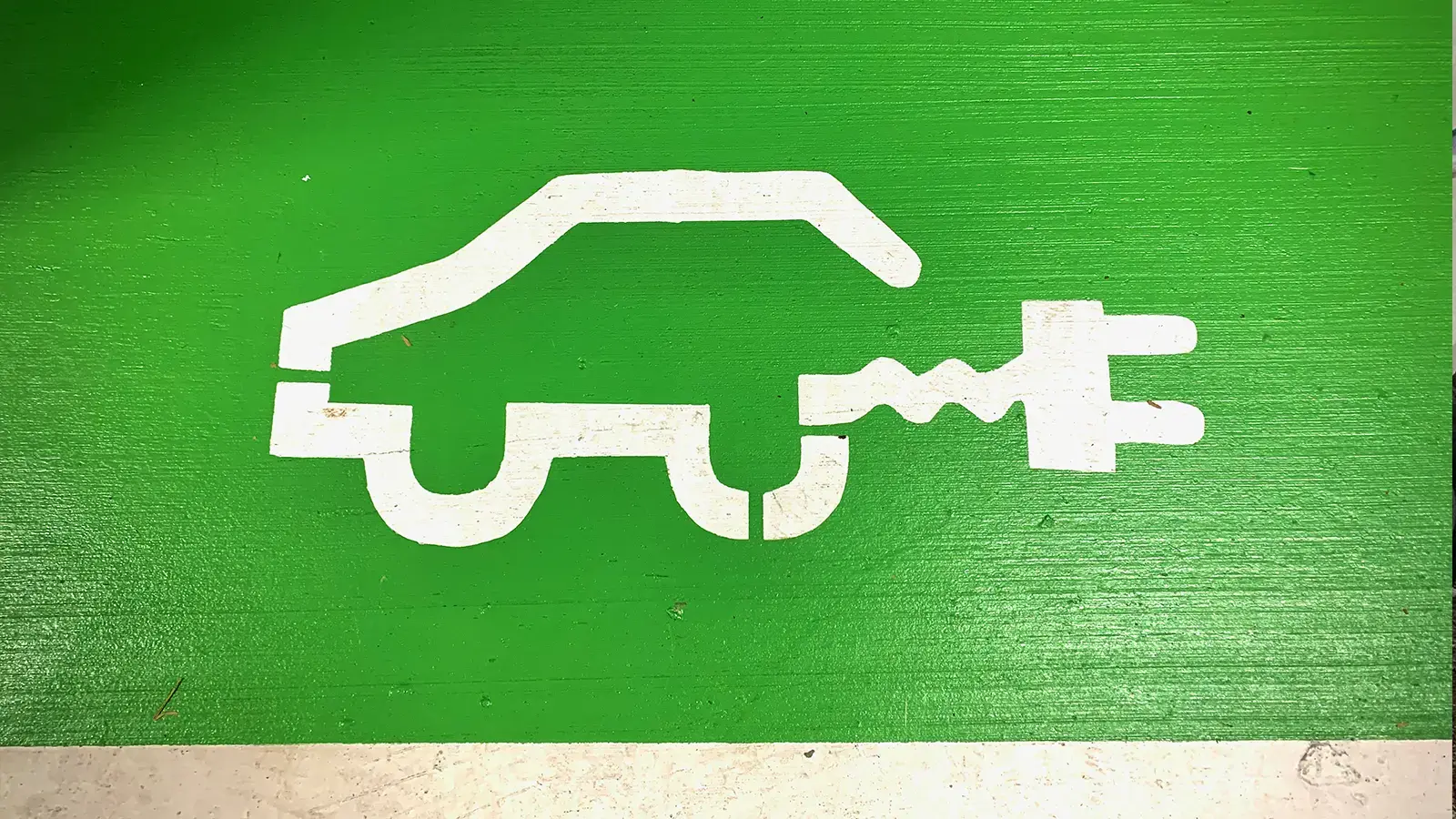EV Battery Health and Lifespan
Electric vehicle (EV) batteries are designed to last for many years, but like all components, they gradually change with time and use. This article breaks down what battery degradation really means, what causes it, and how you can preserve battery health to maximize the lifespan of your EV battery.
How Long Do EV Batteries Last?
Most modern EV batteries are expected to last 8 to 15 years, and many exceed 200,000 miles before needing replacement. Nearly all automakers offer a battery warranty that guarantees a minimum level of capacity retention, typically around 70 percent, for 8 years or 100,000 miles.
Unlike smartphone batteries that feel noticeably weaker after a few years, EV batteries degrade gradually and predictably. Most EV owners experience only a small loss in range over the first several years of ownership.
What Is Battery Degradation?
Battery degradation is the slow decline in a battery’s ability to store energy and deliver power. It doesn't mean that a failure or a sudden breakdown will occur. Instead, it means your vehicle may eventually offer slightly less range than when it was new.
This happens because repeated charging and discharging cycles, temperature fluctuations, and natural chemical aging slowly reduces the capacity of the lithium-ion cells inside the pack.
Main Factors That Affect Battery Lifespan
1. Charging Habits
- Regular use of Level 1 or Level 2 charging is easiest on the battery.
- Frequent fast charging (DCFC) generates more heat, which can contribute to long-term wear.
- Charging up to 100 percent is fine for long trips but keeping the state of charge between 20 and 80 percent during daily use reduces stress on the battery.
2. Temperature
- Batteries operate best between 60- and 80-degrees Fahrenheit.
- Excessive heat speeds up chemical degradation.
- Extreme cold can temporarily reduce range and slow charging but typically does not cause permanent harm.
- Most EVs have thermal management systems to keep batteries within a safe range.
3. Driving Style
- Aggressive acceleration and high-speed driving increase energy demand and heat.
- Consistent, moderate driving puts less strain on the battery.
4. Time (Calendar Aging)
Even if you don’t drive often, batteries slowly degrade over time. This is due to chemical aging that occurs naturally even when the vehicle is parked. Keeping the car plugged in occasionally and avoiding full charges during long idle periods can help.

How Automakers Extend Battery Life
Manufacturers use several strategies to protect EV batteries:
- Buffering: Your EV may hide a portion of the battery’s total capacity to avoid deep discharges or overcharging.
- Battery Management Systems (BMS): Advanced software monitors temperature, voltage, and charging behavior to maximize performance.
- Thermal regulation: Many EVs use liquid-cooled battery packs to maintain optimal conditions in all kinds of weather.
- Over-the-air updates: Some vehicles improve battery efficiency and management through software updates over time.
When Does a Battery Need to Be Replaced?
Battery replacement is rare and usually only necessary if:
- Range has degraded to an unacceptable level for your driving needs.
- Diagnostic tools show significant cell failure or imbalance.
- The battery no longer holds a charge reliably or passes safety tests.
In most cases, batteries outlast the vehicles they power. When a battery is no longer suitable for driving, it can often be repurposed for stationary energy storage or recycled.
Signs of Healthy Battery Use
- You lose no more than 1 to 2 percent of range per year.
- Charging times remain consistent.
- The car’s range prediction remains accurate and reliable.
- No error messages or thermal warnings appear.
Tips to Maximize Your EV Battery’s Lifespan
- Use Level 2 charging for regular use.
- Keep battery state of charge between 20 and 80 percent.
- Precondition your battery in extreme heat or cold.
- Avoid frequent fast charging unless on road trips.
- Keep your EV updated with manufacturer software.
Final Thoughts
EV batteries are among the most durable parts of electric vehicles. With the right habits and technology in place, many batteries will last well beyond 10 years of use. Understanding the key factors that influence battery health can help you get the most range, value, and performance from your EV over time.
Keep Learning About EV Battery Essentials
Exploring EV battery fundamentals:
← Go Back: Different Type of EV Batteries
Discover Next: Charging Habits That Protect Your Battery →












